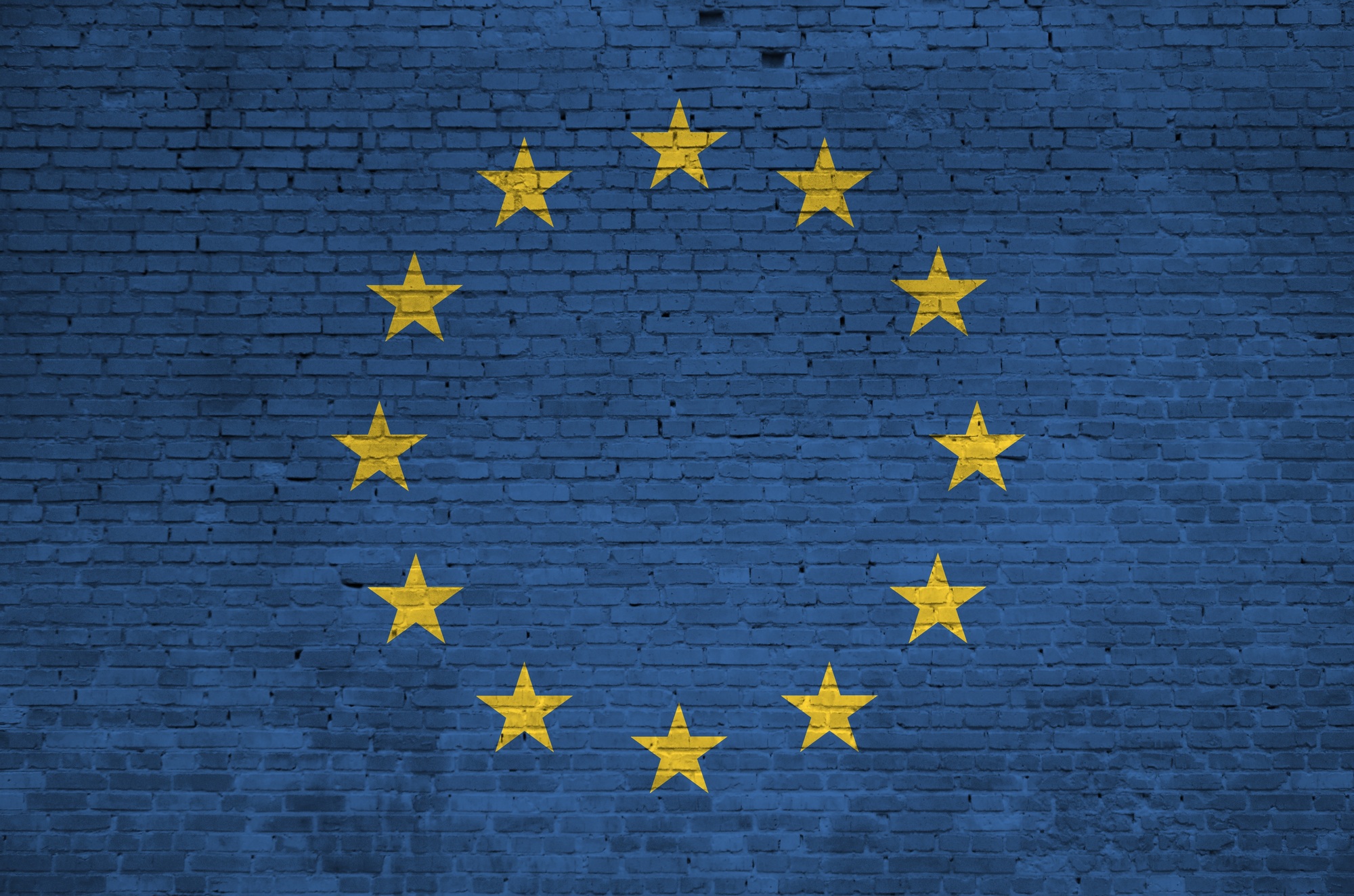EU Data Act comes into force
The EU Data Act takes effect on September 12, 2025, giving users the right to access and share data from connected devices like cars and smartwatches. From 2026, products must be designed to allow free data access, opening opportunities for small businesses to offer new services and reducing manufacturers’ exclusive control.




